
All members of the NATO alliance are expected to reach the benchmark of spending at least 2% of GDP on defense by the year 2024.
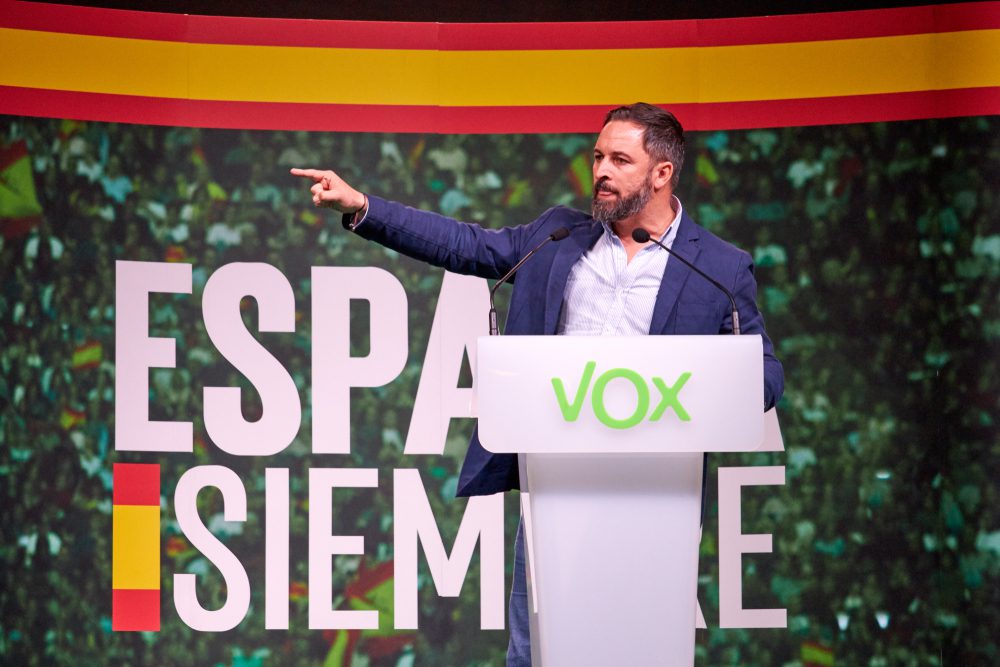
Abascal’s statements come days after an illegal immigrant from Morocco killed local sacristan Diego Valencia and injured four others, including a priest, while he rampaged through two Catholic churches in the Spanish city of Algeciras.
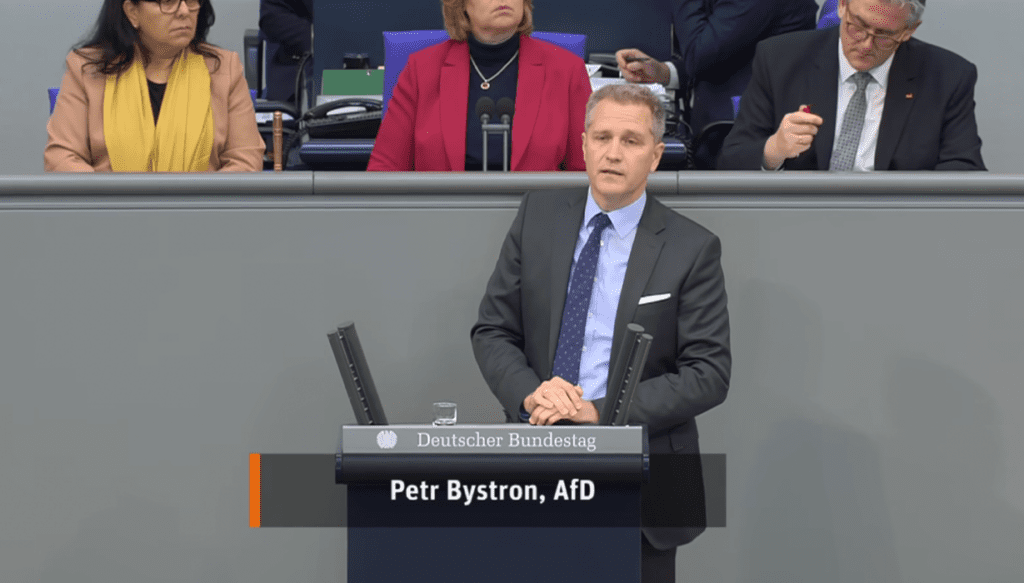
Echoing a line of thought repeatedly made by Hungarian Prime Minister Viktor Orbán over the past year, the AfD lawmaker asserted that this armed conflict does have a winner—and that winner is the United States.
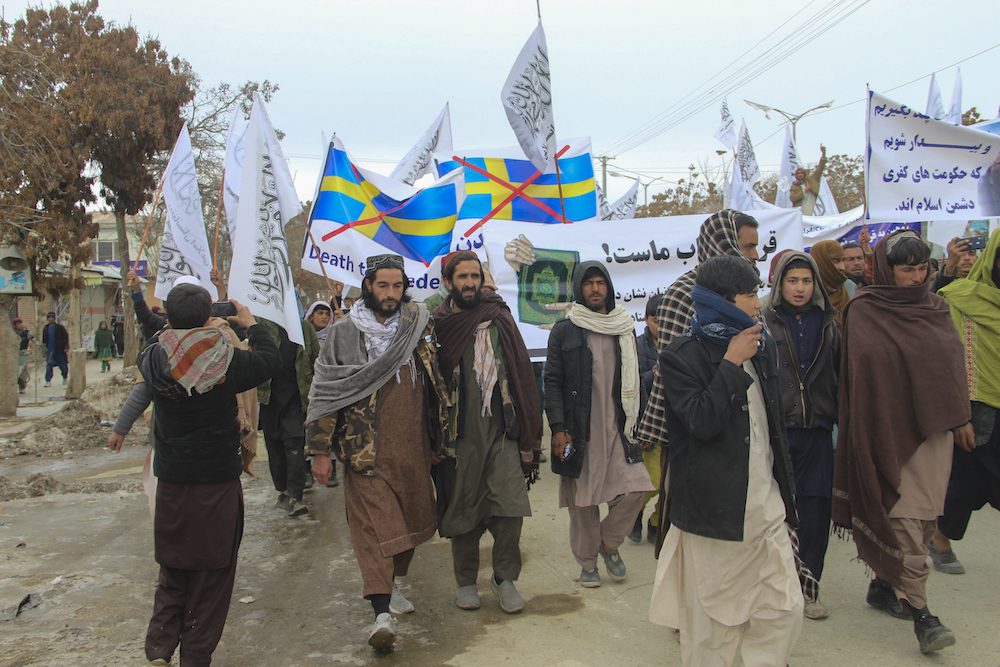
Al-Azhar University in Cairo, Egypt called for “an appropriate response from the governments of these two countries” which it accused of “protecting barbaric crimes under the inhuman and immoral banner they call ‘freedom of expression.’”

“Those who do not have the right to reside in the European Union must be sent back to their country of origin,” EU Home Affairs Commissioner Ylva Johansson told members of the press, marking a sharp shift in her tone on the issue compared to years past.
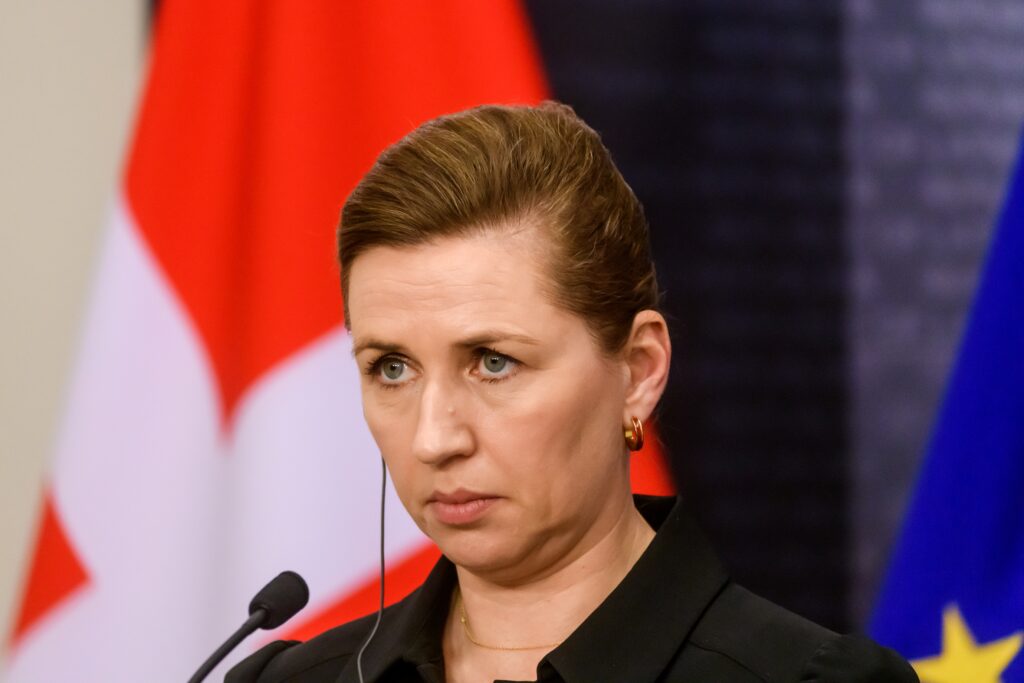
A broad sector of Denmark’s society—including the Lutheran bishops, business communities, Rightist and Leftist opposition parties, trade unions, and others—remain vehemently opposed, for varying reasons, to the government’s scrapping of the public holiday.

Germany is set to deliver 14 Leopard 2 tanks while the U.S. has pledged to supply Ukraine with 31 M1 Abrams tanks.
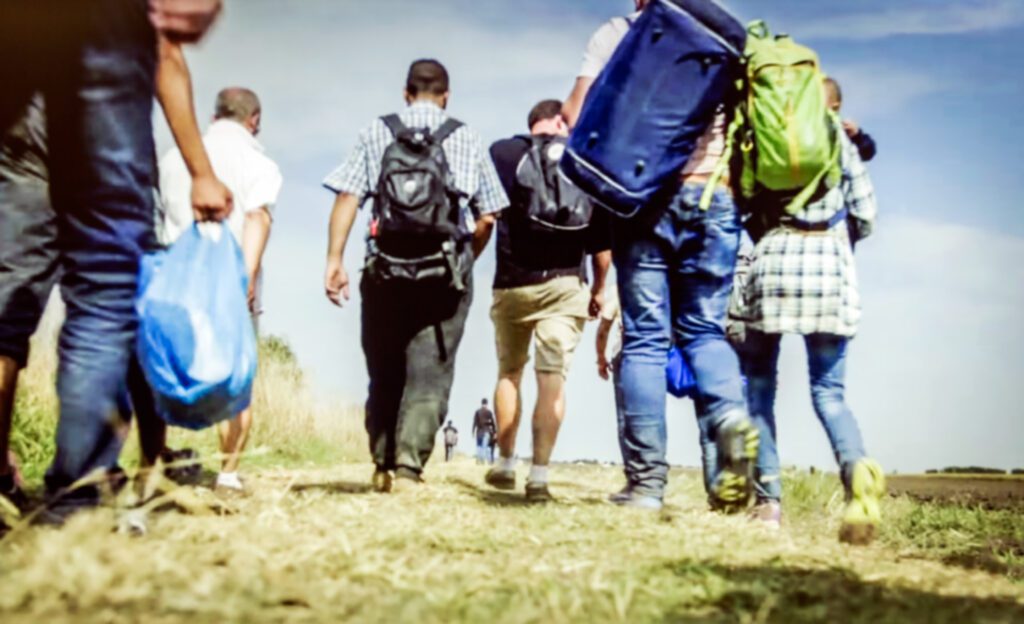
Austria, with its population of just under nine million, witnessed the largest percentage increase of any EU member state, logging 108,490 asylum applications last year compared to 39,930 registered in 2021.
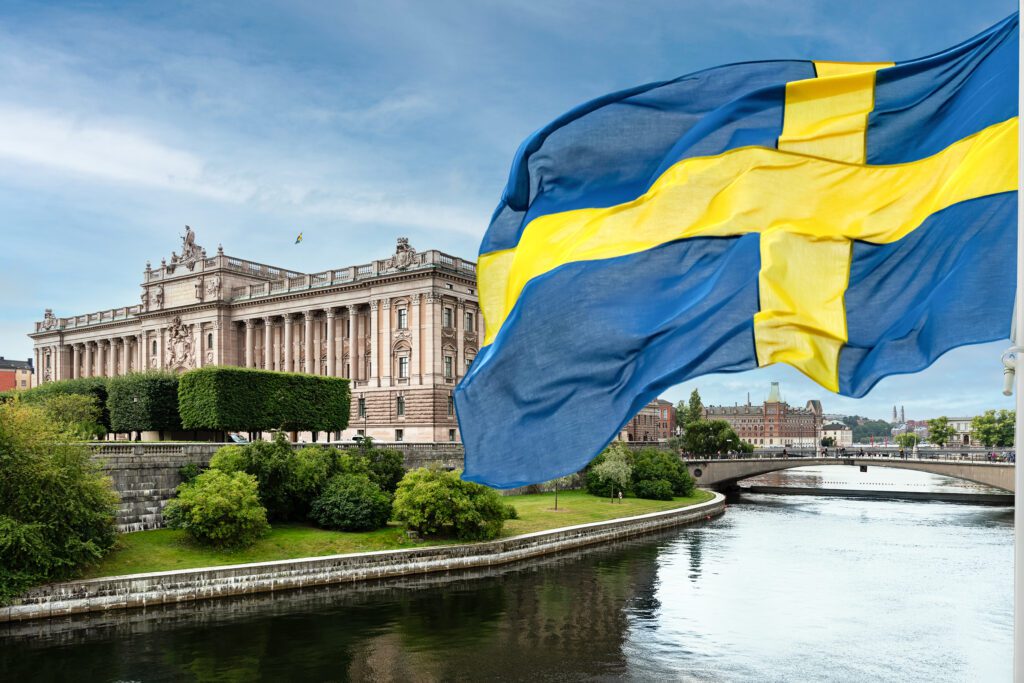
“This government was elected, among other things, on a mandate to create a paradigm shift in migration policy. This requires many major changes,” Migration Minister Maria Malmer Stenergard (M) told members of the press.

For those who have been paying moderately close attention to European politics over the past several years—and especially over the last year to six months—Chega’s continued electoral ascendency is indicative of a much broader trend presently taking place across much of Europe.
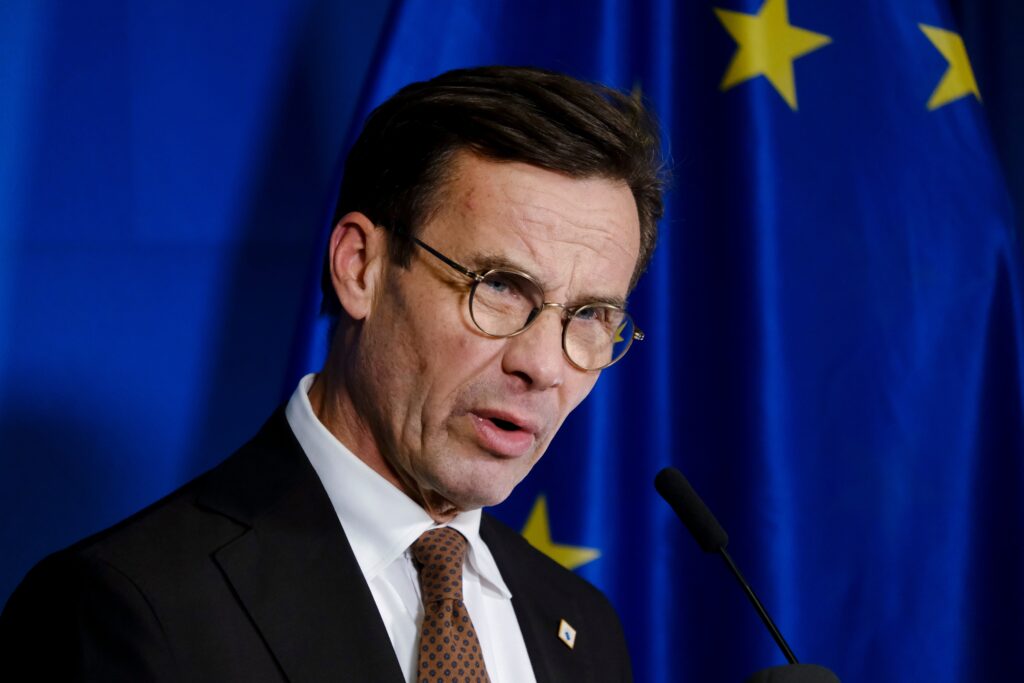
Swedish Prime Minister Ulf Kristersson (M) called those responsible for the ever-increasing violence “the domestic terrorists of our time.”
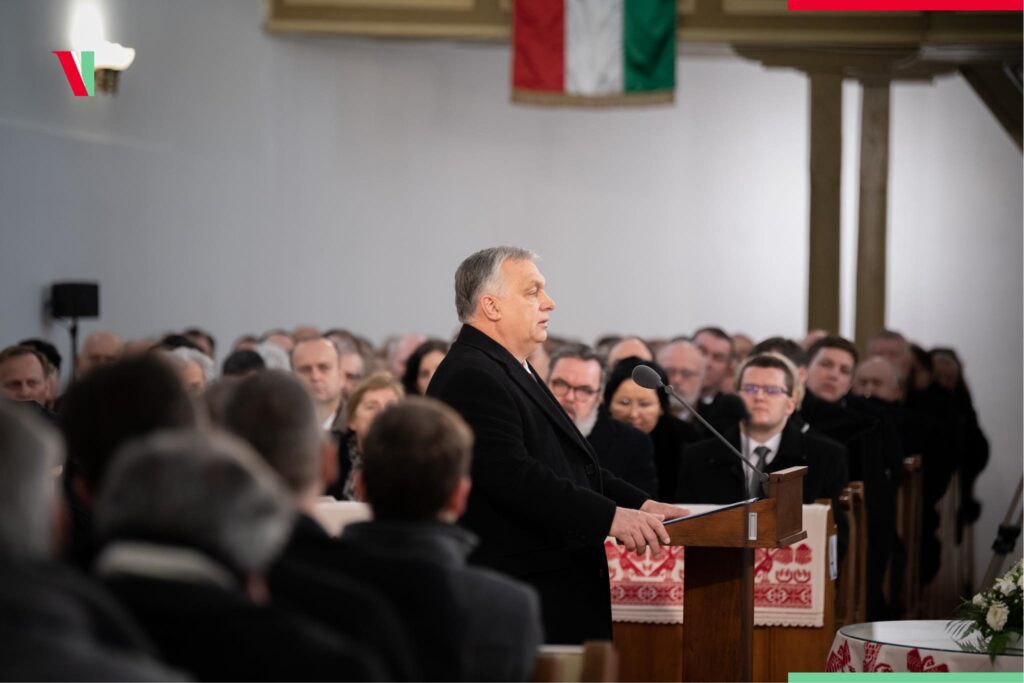
The prime minister zeroed in on Hungary’s illustrious, exceptionally long history, its constant struggle to maintain its unique cultural identity, and to remain the master of its own fate amid persistent coercion from the great powers which have forever surrounded it.